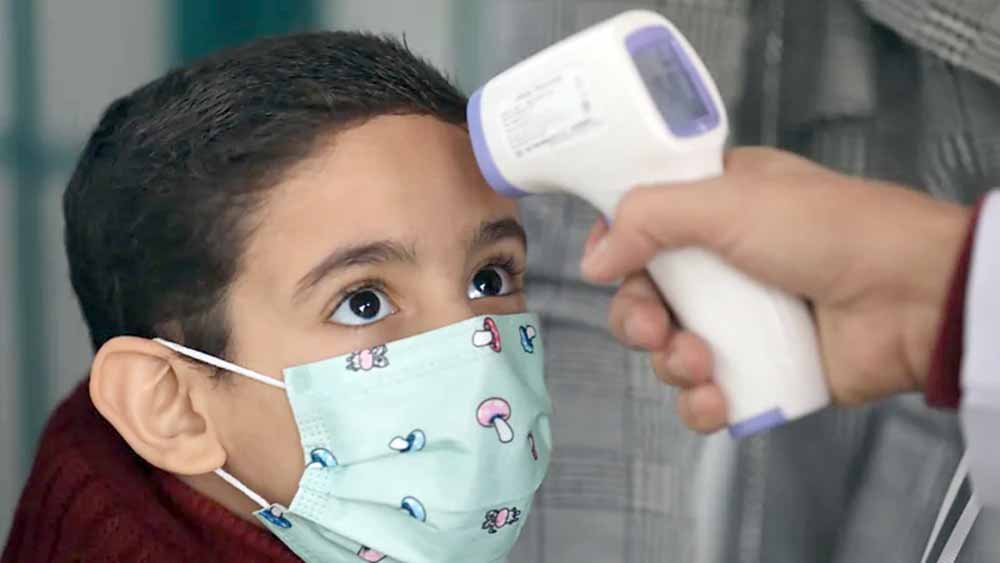The stress and isolation of the pandemic has left social and emotional scars that are already being seen in children, but scientists also predict there could be huge economic costs due to disrupted education.
For US pre-school teacher Rebekah Underwood, there is something different about the class of 2025. She’s noticed that the children she teaches – aged between five and six years old – are physically more cautious than the group who attended the pre-school in Santa Monica in California before the pandemic.
In March 2020, schools around the world began to suddenly close and life for the 2.2 billion children and young people around the world took a dramatic change. Whole families found themselves stuck at home, venturing outside only for short, allotted periods while children of school age were taught by their parents or learned via a screen.
It meant that children lost the rhythm of everyday life – the opportunity to attend clubs, play sports, practice hobbies were replaced with activities at home, crafts and television. Many also missed out on milestones like school dances, parties and graduations. In some places, students wouldn’t be back, mixing with their peers, for a year. The average school was closed for 5.5 months, but some were shuttered much longer. Combine that with the stress of the pandemic and of their parents in an unprecedented situation, it triggered widespread speculation about what impact the Covid-19 pandemic would have on the generation of young people experiencing it.
Five years after Covid-19 first began spreading around the world, triggering widespread lockdowns, researchers are starting to unravel the effect of the abrupt societal changes may have had on children. The pandemic has left its mark on their behaviour, mental health, social skills and their education. But how deep those scars may run and their effects in the long term may only become clear in the decades to come.
In England, the Born in Covid Year Core Lockdown Effects (Bicycle) study is trying to tease apart the role of lockdowns on children born between March and June 2020.
The study follows two groups of 200 children born before the pandemic, during the lockdowns of 2020 and after they were lifted in 2021, focusing on language skills and executive functioning at age four. The researchers play simple games with the children – including one where they have to click when a cat appears on a screen. The aim is to “splat the cat” but avoid clicking when they see a dog – a measure of inhibition and other executive functions.
Their preliminary findings are due to be published later this year, but the researchers say their results seem to indicate that children who were babies during the pandemic have fewer words and may struggle more with higher-level thinking skills. “The overall picture across the evidence is that communication seems to be something that might have been impacted,” says Nicola Botting, a developmental psychologist at City St George’s, University of London, who is the co-lead of the study.
The researchers are hoping their work will help them understand the reasons for this delay, although they speculate that the lack of social opportunity in the first year of life may have had an outsized impact on children’s development. Babies born in the strictest of lockdowns didn’t get the more public social communication opportunities, like waving at people, going on a swing, seeing different faces talking, or hearing different voices talking. (BBC)
Tuesday, February 24, 2026

